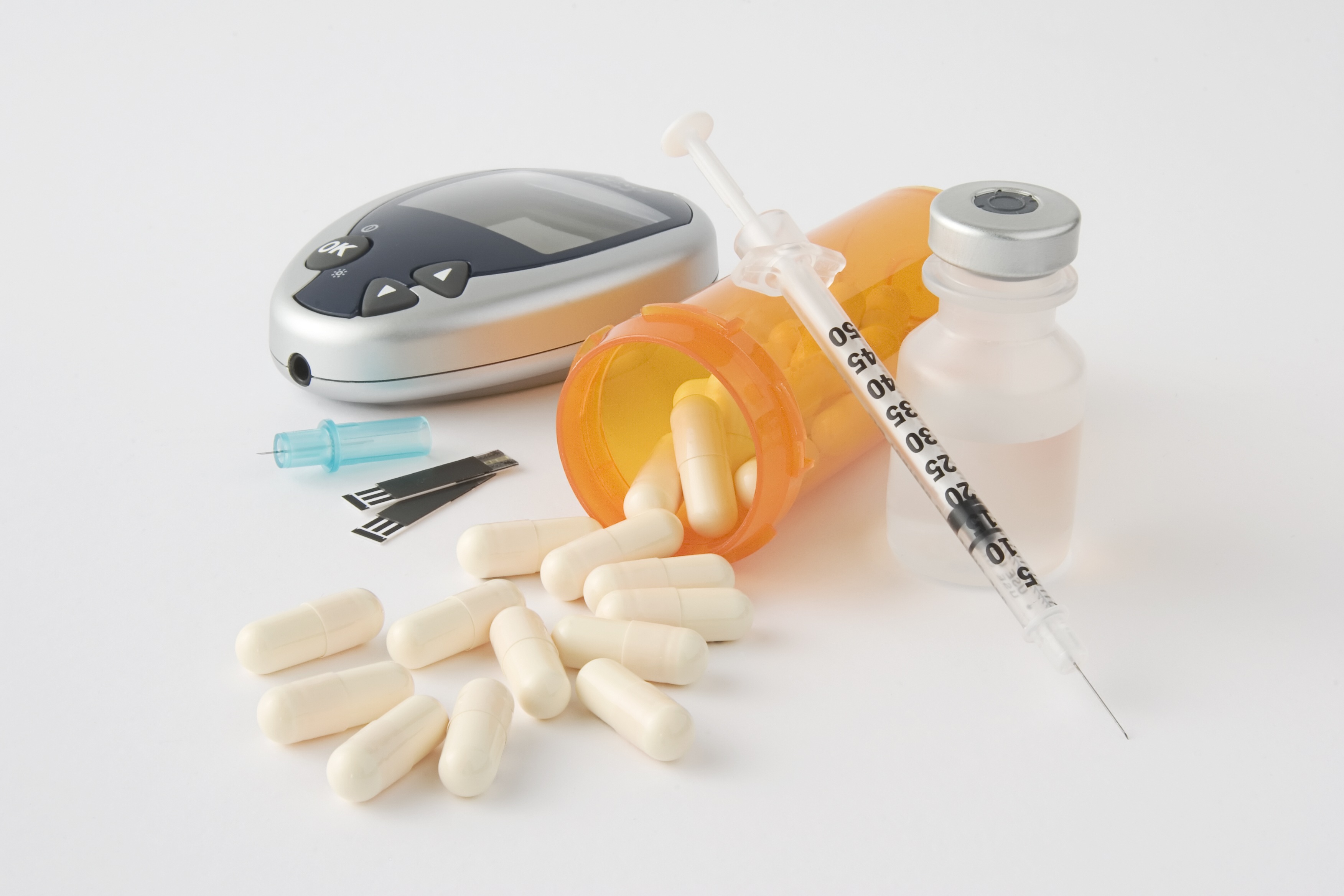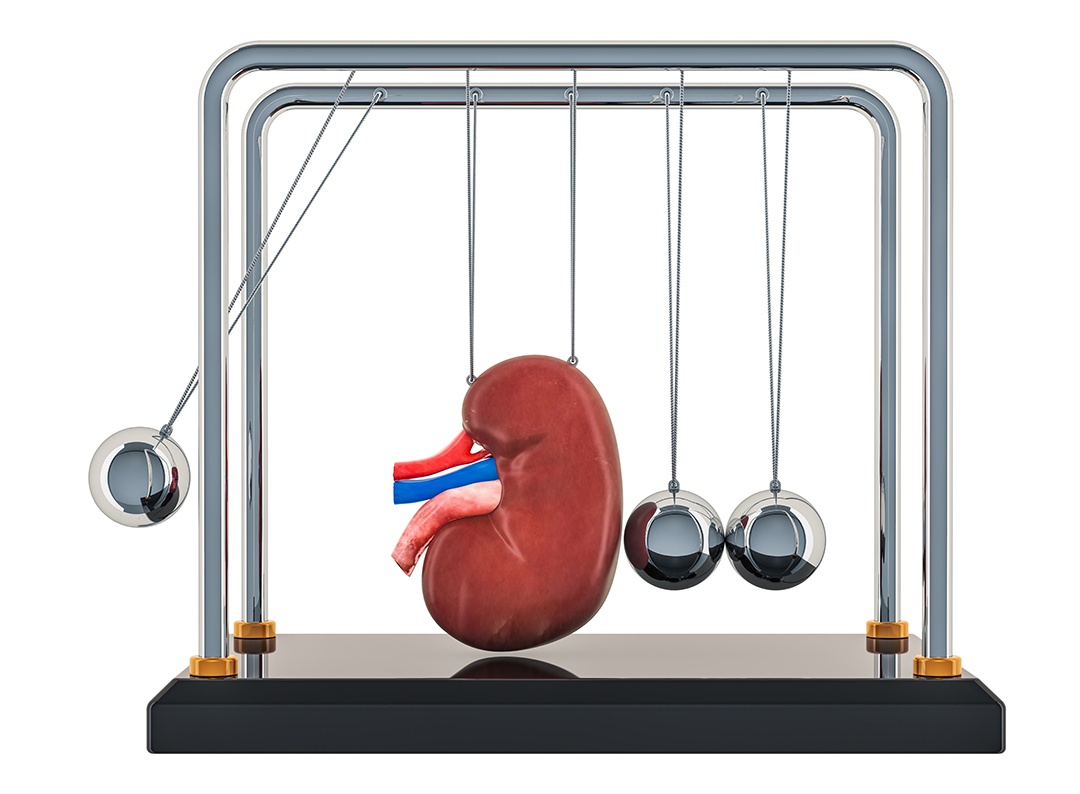
A study of more than 3,183 patients found that oral semaglutide may reduce the risk of cardiovascular (CV) events in type 2 diabetes (T2D) patients with high CV risk. The findings of the study, the PIONEER 6 trial, were presented at the American Diabetes Association’s (ADA’s) 79th Scientific Sessions at the Moscone Convention Center in San Francisco.
The study, spanning 21 countries, randomized 3,183 patients (mean age, 66 years) to receive a once-daily dose of either 14 mg of semaglutide (n = 1,591) or placebo (n = 1,592). Among the total cohort, 85% of patients were aged ≥ 50 years and had stablished cardiovascular disease (CVD) or chronic kidney disease (CKD) (n = 2,695), while the remaining 15% were aged ≥ 60 years and had CV risk factors only (n = 488). The primary outcome was time to first major cardiac event (MACE); this included CV death, nonfatal myocardial infarction, or nonfatal stroke.
The trial had a 99.7% completion rate, with the final analysis including 1,586 semaglutide patients and 1,586 placebo patients. During a median follow-up time of 15.9 months, 137 MACEs were recorded. The researchers found that the oral semaglutide group had a reduced risk of CV and all-cause mortality of nearly 50%.
While the follow-up period was relatively short, the reduced mortality risk associated with semaglutide was significant, according to lead investigator Mansoor Husain, MD, director of the Toronto General Hospital Research Institute, executive director of the Ted Rogers Centre for Heart Research, and professor of medicine at the University of Toronto.
“By eliminating the barrier of an injection, oral semaglutide has the potential for widespread use in the treatment of type 2 diabetes including in high-risk patients with cardiovascular disease and chronic kidney disease,” said Dr. Husain in a press release.
According to chief investigator John Buse, MD, PhD, Verne S. Caviness Distinguished Professor, chief of the division of endocrinology, director of the NC Translational and Clinical Sciences Institute, and the executive associate dean of clinical research at the University of North Carolina School of Medicine in Chapel Hill, upon Food and Drug Administration approval, oral semaglutide would become the first oral glucagon-like peptide 1 (GLP-1) receptor agonist to come in tablet form.
“GLP-1 receptor agonists are arguably the most powerful class of glucose lowering drugs in the setting of type 2 diabetes and also are associated with weight loss and evidence of cardiovascular benefit,” he said in a release. “We hope that the availability of an oral formulation of a GLP-1 receptor agonist will increase the range of providers and patients who will feel comfortable with prescribing and taking GLP-1s.”







 © 2025 Mashup Media, LLC, a Formedics Property. All Rights Reserved.
© 2025 Mashup Media, LLC, a Formedics Property. All Rights Reserved.